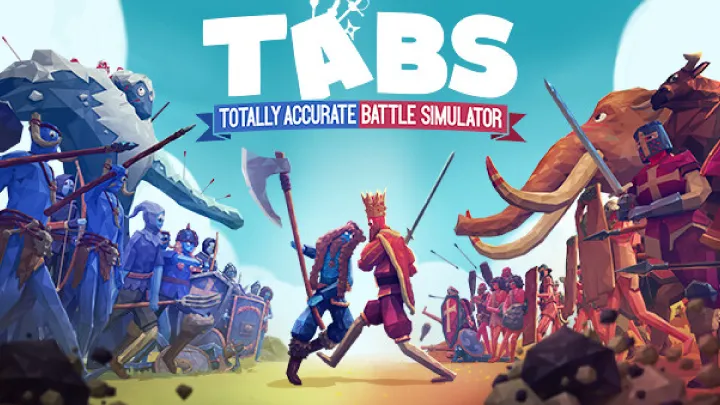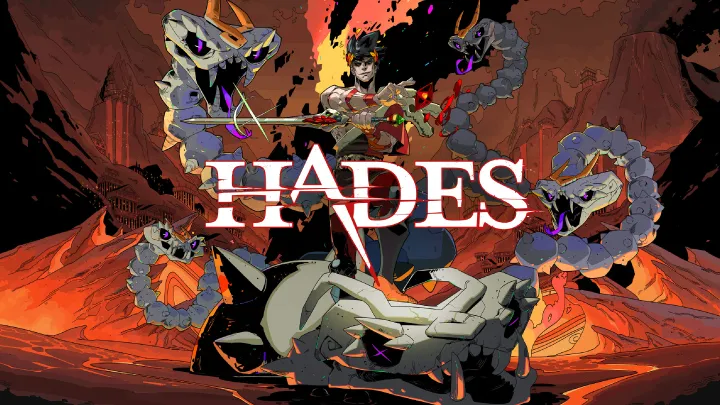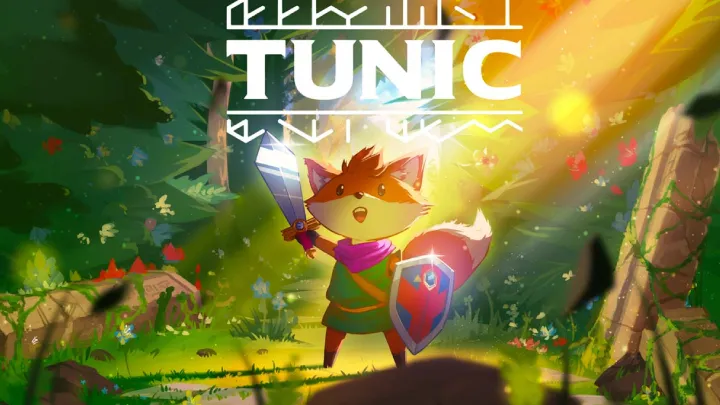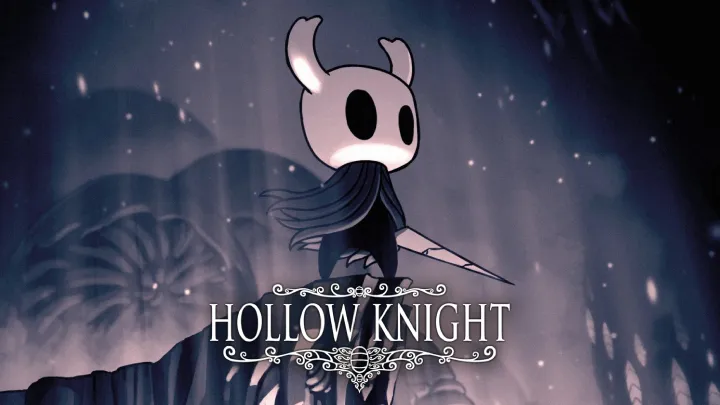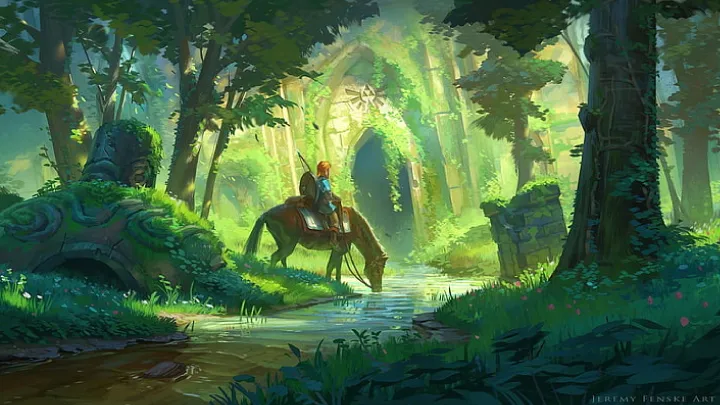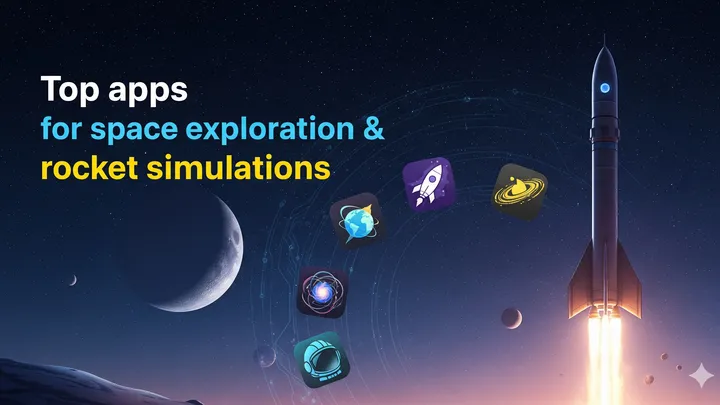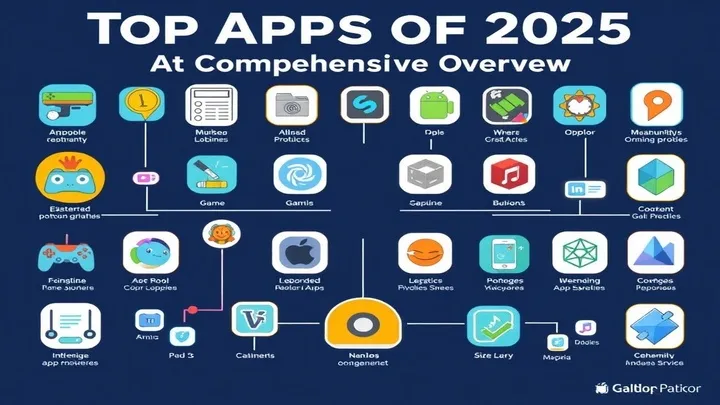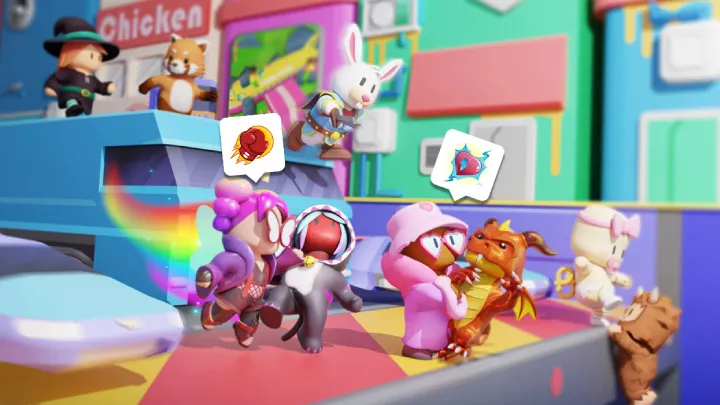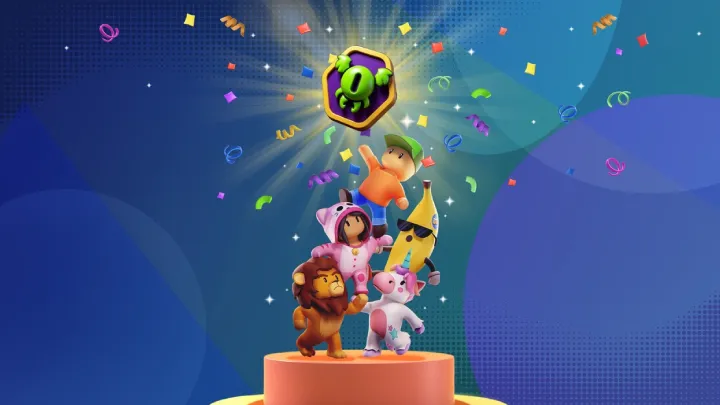The Significance of Music in The Legend of Zelda: Ocarina of Time
The Legend of Zelda: Ocarina of Time is not just a landmark in gaming for its gameplay and storytelling but also for its innovative use of music. Released in 1998, the game introduced players to a richly woven auditory experience that complemented its visual and narrative elements. The Ocarina, a mystical instrument central to the gameplay, serves as a powerful narrative device that enhances emotional depth and player engagement. This article explores the significance of music in Ocarina of Time, examining its role in gameplay, storytelling, and emotional resonance.
The Ocarina: A Multifaceted Instrument
Gameplay Mechanic
At the heart of Ocarina of Time is the Ocarina itself, which serves as an interactive gameplay mechanic. Players learn various songs that allow Link to manipulate time, change the weather, and summon allies.
Songs and Their Functions
Each song has a specific purpose that is crucial for progression:
- The Song of Time: Unlocks the Temple of Time, allowing Link to access the Master Sword.
- The Song of Storms: Changes the weather, enabling players to solve specific puzzles.
- Zelda’s Lullaby: Reveals secrets and interacts with certain objects and characters.
This integration of music into gameplay mechanics reinforces the idea that the Ocarina is not merely an accessory but an essential tool for Link's journey.
Learning and Mastery
Players must learn and master these songs throughout the game, which adds a layer of interactivity. The act of playing the Ocarina becomes a skill that players develop, enhancing their connection to Link and the game world.
Musical Challenges
Some quests require players to play specific melodies accurately, testing their memory and timing. This element of challenge adds depth to the gameplay and makes the Ocarina a memorable aspect of the player experience.
Music as a Narrative Device
Enhancing Storytelling
Music in Ocarina of Time is not just a background element; it actively contributes to the storytelling. The game's soundtrack, composed by Koji Kondo, is intricately tied to the narrative and emotional beats.
Thematic Motifs
Each character and location has associated musical themes that convey their essence. For example, the serene melodies of Kokiri Forest reflect the innocence of Link's childhood, while the ominous tones of Ganon’s theme underscore the looming threat he poses.
Emotional Anchors
The music serves as an emotional anchor, guiding players through Link's journey. Key moments in the narrative are often accompanied by specific musical cues that heighten the emotional impact, such as the poignant melodies during moments of loss or triumph.
Creating Atmosphere
The atmospheric qualities of the music enhance the immersive experience. Players feel the weight of the narrative as they navigate through the various regions of Hyrule, with music setting the tone for exploration, conflict, and reflection.
The Role of Themes and Variations
Recurring Themes
Ocarina of Time employs recurring musical themes that evolve throughout the game, mirroring Link’s growth and development. The variations in these themes reflect the changes in the narrative and the character’s journey.
Link's Growth
As Link matures from a child to an adult, the musical themes associated with him also shift. The transition from the playful, lighthearted melodies of his youth to the more serious and grand compositions of his adulthood symbolizes his transformation into the Hero of Time.
Character Themes
Characters like Zelda and Ganondorf have distinct musical motifs that encapsulate their personalities and roles in the story. Zelda's theme, for example, is often characterized by a sense of grace and wisdom, while Ganondorf's theme conveys menace and ambition.
Emotional Resonance
These thematic variations deepen the emotional resonance of the story, allowing players to connect with the characters on a more profound level. The music becomes a language of its own, conveying feelings and motivations that words alone cannot express.
The Power of Memory and Nostalgia
Evoking Memories
Music in Ocarina of Time has the unique ability to evoke nostalgia and memories. Players who experienced the game during its original release often find themselves transported back to their childhood upon hearing familiar melodies.
Personal Connections
The emotional connections forged through the music create lasting impressions. Each song serves as a reminder of specific moments in the game, enhancing the player’s overall experience and attachment to the narrative.
The Cycle of Time
The theme of time is central to Ocarina of Time, and the music reinforces this concept. As Link travels between childhood and adulthood, the music reflects the passage of time, evoking feelings of nostalgia and longing for a simpler past.
The Impact of Time Travel
When Link plays the Ocarina to travel through time, the accompanying music shifts to reflect the different eras he inhabits. This auditory transition emphasizes the weight of his journey and the consequences of his actions across timelines.
The Cultural Impact of Music in Gaming

Setting a Standard
Ocarina of Time’s innovative use of music set a new standard for video games, showing that soundtracks could significantly enhance storytelling and gameplay experiences. The game's success influenced many future titles to prioritize musical composition as a central element of game design.
Legacy in the Industry
Games like Final Fantasy and The Elder Scrolls series have adopted similar approaches, using music to deepen narrative and emotional engagement. Ocarina of Time paved the way for composers to explore the potential of music in gaming.
The Rise of Video Game Concerts
The popularity of Ocarina of Time's music has led to concerts celebrating video game soundtracks, such as the "The Legend of Zelda: Symphony of the Goddesses." These events highlight the cultural significance of video game music and its ability to resonate with audiences.
Community Engagement
These concerts foster a sense of community among fans, showcasing the emotional connections that people have with the music. The celebration of this music in a live setting further cements its place in popular culture.
Conclusion
The Legend of Zelda: Ocarina of Time demonstrates the profound impact of music on gameplay, storytelling, and emotional resonance. The Ocarina serves as a powerful narrative device that enhances player engagement and deepens character connections. Through its innovative use of themes, variations, and atmospheric soundscapes, Ocarina of Time set a standard for video game music that continues to influence the industry today. As players immerse themselves in the world of Hyrule, they are reminded of the enduring power of music to evoke emotions, create nostalgia, and enrich the gaming experience.




